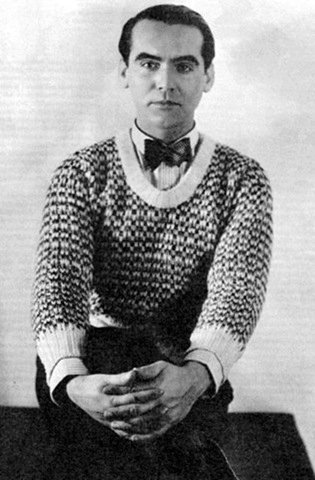The Dream of Apples: Selected Poems of Federico García Lorca (tr. Rebecca Seiferle)
The Dream of Apples: Selected Poems of Federico García Lorca (tr. Rebecca Seiferle)
332 pages
© 2024
ISBN: 978-1-961834-04-0
Book Design: Christopher Nelson
Perfect-bound
6” x 9”
— Winner of the Stephen Mitchell Translation Prize —
Of Federico García Lorca, translator Rebecca Seiferle writes, “There are few Spanish poets who have so captured the English speaker’s imagination, and yet we continue to read Lorca as we have read him, which is to say through the filters of our own assumptions. Similarly, previous translations have gone in pursuit of surrealism or ‘music’ or romanticism at the expense of the sharp clarity and elemental intelligence of the original. … Breathtaking in its versatility, Lorca’s poetry conveys the sense that there are many Lorcas, but elusive, a play of presence and absence. For Lorca, fluidity and evasion are essential to the truth of poetry. His deep anguish, his performative masques, his sense of difference and his identification with those also marginalized, his sense of the interpenetration of absence and presence, all begin to interconnect if viewed from a queered center. These translations seek only the original, its deep intelligence, where a phrase can convey what Lorca called duende, an elusive ‘something else’ that evades all definition, ‘a mysterious force that everyone feels and no philosopher has explained’ ... the spirit of the earth.”
Praise for The Dream of Apples: Selected Poems of Federico García Lorca
Federico García Lorca’s poetry continues to nourish and jump-start my imagination. His Spanish is ravishing, elemental, blood-close, and a thousand other things. Rebecca Seiferle’s translations are electric and intimate—I felt the jolts of Lorca’s singular imagery and the tenderness and turmoil that summons forth such language. I sensed the unsayable, the edges of ecstasy and despair. These magnificent translations are immersive. Read them. Share them. Dwell with them. —Eduardo C. Corral
The immense event and accomplishment that is Rebecca Seiferle’s new translation of Lorca is something to celebrate, for its rigor, its tenacity, its play, and for the way in which it breathes new life into one of the twentieth-century’s most brilliant poets. Lorca’s poems feel like an epic with narratives of violence and eroticism, and the mystical unknowability of the earth. “How odd that I’m named Federico,” writes Lorca in “Ending Songs,” and indeed his poems make us see just how strange and wild it is to walk the earth, to move through time, to persist, to love, to die. —Daniel Borzutzky
Federico García Lorca’s poetry is essential reading for every generation. In this new translation, Rebecca Seiferle selects work that foregrounds the poet’s range, fluidity, and powers of transformation. Seiferle has no interest in producing a perfected version of García Lorca, one seen glossy or in soft focus. She offers us a reading that, as she describes in her insightful introduction, requires “listening for the root of the word... that strange intersection of ‘common’ meaning and often unacknowledged power structures and the silenced interior voice.” Seiferle writes that when she started translating García Lorca more than twenty years ago, she did so to keep her queer heart alive. In The Dream of Apples, she does the same for him, an achievement that merits rejoicing. —Wendy Burk
Rebecca Seiferle’s terrific introduction to her new Lorca translations led me to engage with his work more deeply than in the past. She sees Lorca—feels him—differently. And she invites the reader to experience how the poems call us to our own “ambiguous selves.” The personal investment of her approach has produced English versions that are wonderfully clean, fresh, direct, unfussy, and full of subtle music. What a gift! —Ellen Doré Watson


